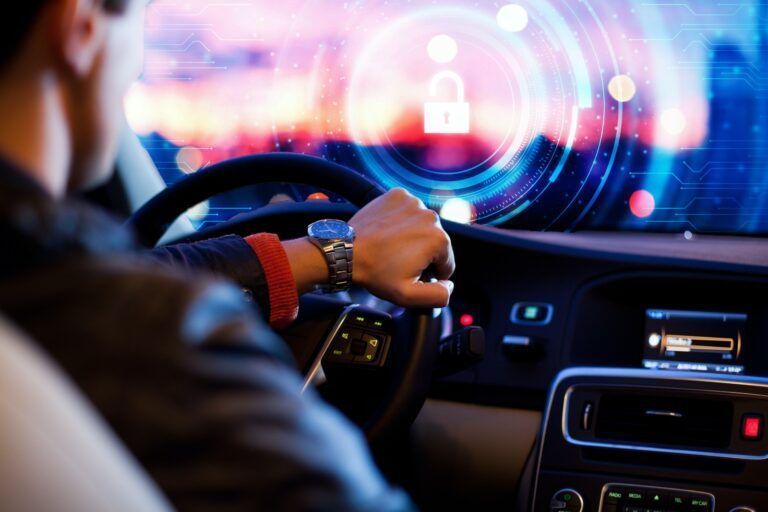- Experts call for trust in connected vehicles, but are researching on putting the means to counter malicious actions and will present their progress at the CSI Radar, which starts on Monday 12th in Seville.
- The Catalan Technology Center EURECAT will present the European project “SELFY”.
- The University of Malaga (UMA) is also researching on how to make telecommunication networks more secure in 5G networks
Connected vehicles and their vulnerabilities, such as possible hacker attacks, will have a prominent presence at the International Cyber Security Radar (CSI Radar), which kicks off on Monday 12 in Seville with an agenda of 40 multidisciplinary presentations on all aspects of Digital Crime.
The problem for the connected car is serious. Since any driver, if his car is hacked, loses security and the consequences can be tragic for him and for the rest of the drivers and vehicles.
This is why experts talk about cybersecure Cooperative Connected and Automated Mobility (CCAM), and European initiatives have been generated to increase the security, protection, robustness and resilience of the CCAM ecosystem against cyber-attacks or malicious actions.
Victor Jimenez, IT&OT Security Researcher and SELFY Technical Coordinator at the Catalan Technology Center EURECAT, will talk about the SELFY project. “It is a project at European level that develops a collaborative toolbox“.

For Jiménez, the connected vehicle “is progressing. For reasons of sustainability, cost reduction, pollution, usability or moving autonomously, the connected vehicle is an asset for society, although it implies an effort in security, as it can be hacked by an external party and this could involve the loss of human lives”.
The ultimate goal is none other than “to get people to trust in what is to come in the next few years, that new technologies are adopted and that industries can guarantee this dream in a safe way that benefits all of us in society,” Jiménez said.
For his part, Emil J. Khatib, PhD in Telecommunications and researcher at the University of Malaga (UMA), will explain the importance of EDT (Early Data Transmission), which they are working on, and which shortens and simplifies the steps when establishing a 5G connection.

“5G technology is the basis for the next generation of wireless services and the Internet of Things (IoT). And potential vulnerabilities need to be analyzed to make it 100% secure,” says Khatib.
In addition, during the CSI Radar on-site celebration, three Tesla vehicles, the world’s leading US brand in connected vehicles, will be in the Demo Area of the International Cybersecurity Radar, whose opening speech will be given by the CEO of Telefónica Tech for CIbersecurity and Cloud, María Jesús Almazor.
This first edition of CSI Radar is promoted by Telefónica Tech, Sevilla City Office and FIBES, and is supported by AWS, Proofpoint, Huawei, ZTE, IBM, Cremades & Calvo-Sotelo and El Observatorio.
‘CSI Radar‘ (Cyber Security International Radar) will bring together leading companies and multinationals from Europe, the United States and China, as well as universities, institutions, manufacturers and experts who are working to improve cybersecurity in companies and public administrations in Spain and around the world. The agenda is already available on the official website.
All CSI Radar conferences can be followed on ‘The Observatory‘, a platform launched by Medina Media Events, where they can be enjoyed throughout the year, in addition to being able to connect at any time with more than 3,700 professionals who are part of the Virtual Networking.

